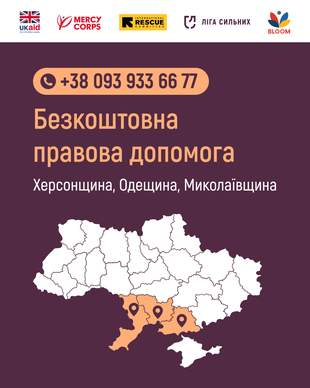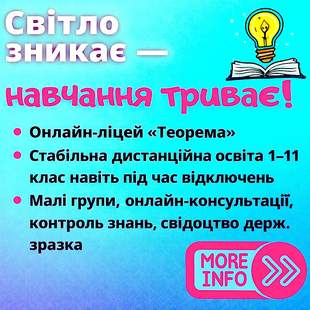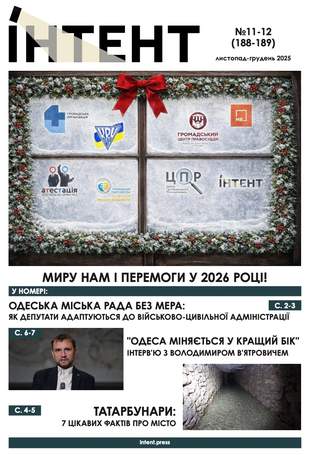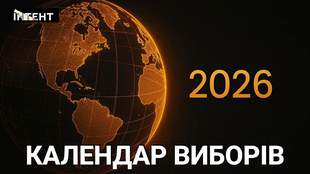Меню
Соціальні мережі
Розділи
Oct. 21, 2024, 2:24 p.m.
Nuclear research of the occupiers in Crimea was funded by the IAEA
This article also available in English864
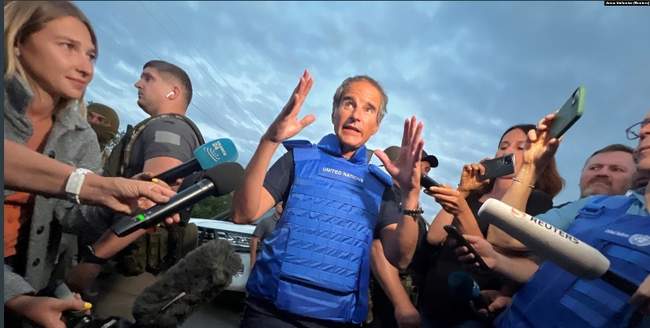
IAEA Director General Rafael Grossi talks to the media. Photo: Reuters
Both after the annexation of Crimea in 2014 and after the start of Russia's full-scale invasion of Ukraine, the IAEA funded research by Russian scientists on the peninsula - despite the fact that the agency officially recognizes Crimea as Ukrainian.
Radio Liberty journalists found this out during an investigation.
The report also says that, as the journalists found out, a training organized at the expense of the IAEA is starting in Moscow this week, with several participants coming from the temporarily occupied Donetsk after their candidacies were approved by the agency's secretariat. In the IAEA's internal documents, the Russian Federation is listed as their country of residence.
The newspaper noted that the IAEA, as part of the UN system, states that the UN Charter should never be violated and state borders should not be changed by force, as the head of the agency, Raphael Grossi, said in an interview with the US television channel CBS News in May 2023. Two years earlier, the Ministry of Foreign Affairs of Ukraine emphasized after Dmytro Kuleba 's meeting with the IAEA Director General that Rafael Mariano Grossi had confirmed a clear position and the IAEA would only talk to Ukraine about all nuclear facilities in the temporarily occupied territories of Donetsk and Luhansk regions and Crimea, as it recognized only Ukraine's sovereignty over them.
At the same time, the IAEA, including after the start of Russia's full-scale war against Ukraine, has been repeatedly criticized by the Ukrainian authorities for excessive tolerance of Russian attempts to use nuclear facilities in the occupied Ukrainian territories for military purposes.
"After Ukraine has been constantly talking about the risks at Zaporizhzhia NPP, the world is reacting a little differently. Except for one person - Grossi. With a rather strange consistency, I say ironically, Grossi says that there are no risks, we do not see any risks," said Mykhailo Podolyak, an adviser to the head of the Office of the President of Ukraine, in July 2023, calling the IAEA's actions in connection with the situation at the ZNPP a "clown show."
Radio Liberty has obtained several internal IAEA documents related to two research projects supported by the agency.
One of these projects is a study of temporal trends in pollution in the Russian coastal areas of the Black Sea using nuclear and other analytical methods. This project was launched in the fall of 2016 and became part of a broader IAEA program that conducted similar research in several countries: in addition to Russia, these are Australia, Italy, Vietnam, Kuwait, and others. One of the stations where the research was conducted was in occupied Sevastopol. The project was executed by the Joint Institute for Nuclear Research (JINR) in Dubna, Moscow Oblast. The text of the project agreement does not describe the financial side, but one of the clauses mentions that the IAEA is a sponsor of the project.
The investigation also refers to other documents confirming that the IAEA funded research by Russian scientists in occupied Crimea.
In response to Radio Liberty's request, the IAEA said that the agency continues to consider Crimea as part of Ukraine. The agency's representative added that the IAEA-supported research projects involving the JINR and the Federal Center for Animal Health were "purely technical in nature" and did not reflect a change in the agency's position on the status of Crimea.
